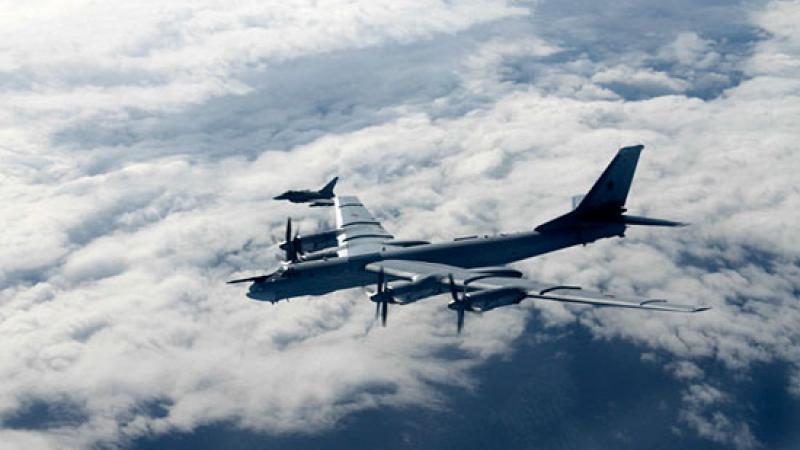Airlines' sudden ban on flying with locked firearms strands passengers, sparks gun-rights concerns
"It is very unconstitutional to say the least. They made it hard for responsible gun owners" – airline passenger Allison Wallen.
Airlines in the U.S. temporarily banning some passengers from flying with their locked guns in luggage bays – with little to no advanced notice – is forcing them to cancel trips and spend hundreds of dollars on backup plans, while arguing that their Second Amendment rights are being trampled.
Alaska, American, Delta, Southwest and United airlines on Jan. 14 announced the ban on passengers flying into Washington-area airports with their firearms, citing the Jan. 6 breach of the U.S. Capitol Building. The airlines also cited the upcoming presidential inauguration, though federal law allows guns on all flights so long as they're locked in a hardshell case and surrendered to an airline employee at check-in.
Allison Wallen, a Baltimore resident, ran into problems while on a recent trip to Las Vegas to attend a firearms training program.
When she arrived at the Southwest check-in counter to return home Jan. 17, the day the ban went into effect, she was told the gun would not accompany her.
"No call, no email, no text. Nothing," Wallen said about the airline's effort to alert her about the ban, which has now been extended until Jan. 31. "I'm from Maryland. Who was going to hold my gun? It is very unconstitutional to say the least. They made it hard for responsible gun owners."
Wallen said she even called the airline before arriving at the Vegas airport but was not informed on the call about the ban.
Wallen scrambled unsuccessfully at the airport to learn whether FedEx or UPS could ship the gun, then finally connected with a friend in the area who agreed to hold the firearm until the ban was lifted.
She said the ordeal resulted in her having to stay another night in a hotel and rent another car. And she'll eventually have to take another roundtrip flight to Vegas to retrieve the firearm, all of which, including extra meals and missed work, she figures will cost her "about a thousand dollars."
A Transportation Security Administration spokesperson last week acknowledged that the federal agency, created after the 9/11 terror attacks, had "implemented enhanced security leading up to the inauguration."
However, the spokesperson referred specific questions about the ban to the individual airlines.
Southwest posted a notice about the ban on its website several days before it went into effect and issued a media statement.
Airline spokesperson Brian Parrish told Just the News on Friday that Southwest also sent pre-trip emails to customers scheduled to fly to or from the three major airports serving the nation's capital.
Wallen said she double-checked her personal and work accounts, even looking through messages received several days before her trip, and found no such email.
She said on Tuesday that Southwest having extended the ban 11 days after the inauguration is yet another concern.
"What happens if the gun gets stolen?" she asked. "Am I liable?"
Mark Olivia, the National Shooting Sports Foundation's director of public affairs, said the airlines have been the recipients of taxpayer funds and are now limiting taxpayers from traveling with a firearm.
Olivia, a Marine Corps veteran, stressed that he never wants to see anything like what happened at the Capitol on Jan. 6. But he also does not want citizens to be treated like a safety or criminal concern when they have been following the law.
"It becomes very concerning," he told Just the News. "Of course airlines are private companies. They can do as they choose. The concern about it is now you're limiting the freedom of movement for law abiding citizens."
"I can tell you my own personal plans have had to shift," added Olivia, who said he has changed his trips for this duck hunting season.
















